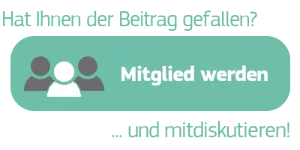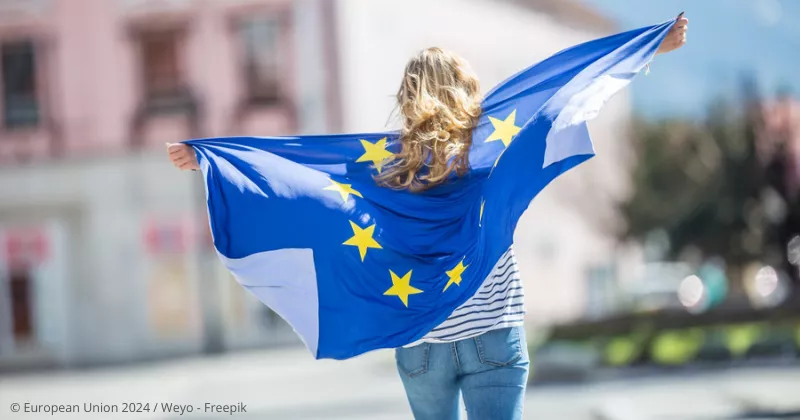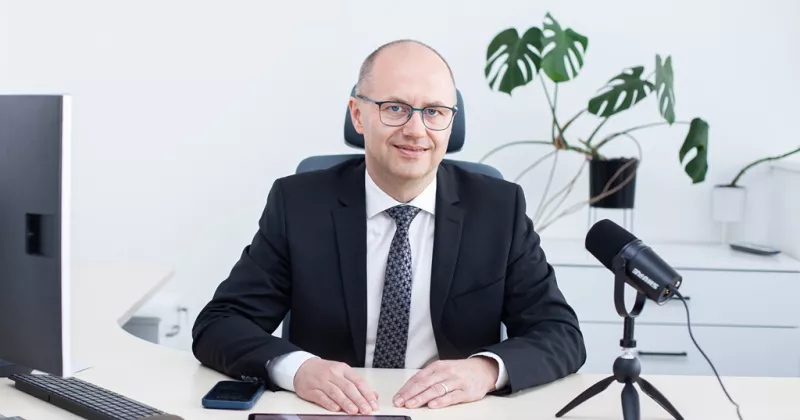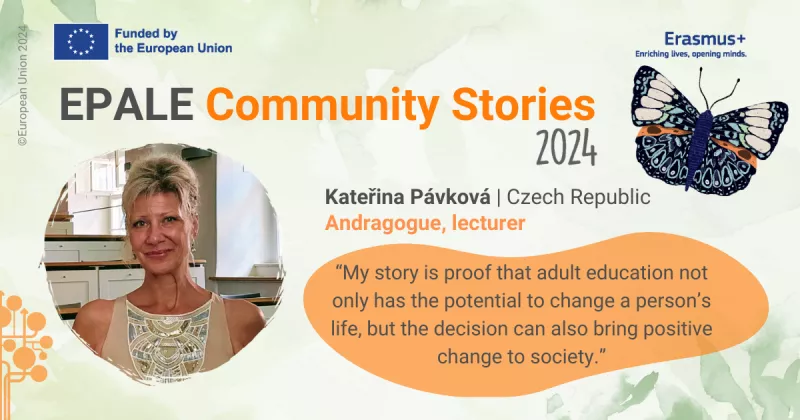Political education for adults in Austria: Historical developments and current challenges

Reading time approx. 3 minutes - read, like and comment!
Sonja Luksik / Hakan Gürses
The history of political education in Austria is characterised by a lack of recognition, low funding and insufficient institutionalisation. From the outset of the Second Republic, the status of Austria as the ‘first victim of national socialism’ was a detrimental factor when it came to the ‘re-education’ measures introduced by the allies. These involved political education becoming a nationwide subject both inside and outside of school, but this was limited to Germany itself. After 1945, the so-called ‘victim myth’ underpinned the idea that political education was the study of traditional local history and citizenship.
In the 1970s, during a period of societal transformation in Austria, political education gained a new level of importance and became the subject of (party) political debates. In the context of increasing referendums, popular votes and opinion polls, politicians saw this as an important tool for the democratisation of society. Political education did not, however, become a focus of public debate.
Institutionalisation and diversification
In 1977, a state-initiated specialised organisation for political education in Austria was finally founded and it remains the only organisation of its kind to date: the Austrian Society for Political Education (Österreichische Gesellschaft für Politische Bildung, ÖGPB), which was restructured and moved its headquarters to Vienna in 1991.
Today, the ÖGPB divides its work into two areas of operation: ‘project funding’ and ‘educational opportunities and project consulting’. The activities of the ÖGPB therefore comprise project funding allocation for political educational events in member states as well as the planning, conceptualisation and execution of continuing education courses (workshops, training courses, conferences, lectures, etc.) nationwide in cooperation with adult education institutions.
In the 1990s, initiatives emerged with the aim of increasing the professionalism of adult education. In the same decade, an increasing number of political education initiatives sprung up in associations and independent organisations (e.g. maiz – the autonomous centre created for and by migrants or Frauenhetz – feminist education, culture and politics), which contributed to a diversification of political education for adults in Austria. The next step was to try to strengthen political education in schools (e.g. by establishing a ‘school service centre for teaching projects relating to political education and contemporary history’, known as Zentrum polis in Austria today).
A lack of recognition and funding
Two key challenges for political education for adults in Austria are the lack of public recognition and the lack of funding.
Only around 10 million euros from the public purse are earmarked for funding adult education every year (which includes the budget for libraries), and just a fraction of this feeds into political education for adults. For example, the annual distribution total from the ÖGPB for project funding is just over 300,000 euros. Subsidies for party academies, on the other hand, amount to more than 10 million a year.
What ‘should’ political education look like?
These problems that are specific to Austria are accompanied by additional challenges of a more substantive nature. A current debate in political education relates to the Beutelsbach Consensus, although this is more prevalent in Germany than in Austria. In 1976, educational specialists agreed on a ‘minimum consensus’ at a conference in the Swabian town of Beutelsbach. The three principles of this model – prohibition against overwhelming the pupil, treating controversial subjects as controversial, and giving weight to the personal interests of pupils – still act as a guideline in the practice of political education in German-speaking countries today.
However, this consensus is coming under increasing criticism in current expert debates. The interpretation of the prohibition against overwhelming the pupil in particular is an intensely discussed issue. Many teachers interpret this as a ‘principle of neutrality’ and believe they have to refrain from expressing their own political opinions and standpoints. Even the right-wing populist party Alternative for Germany (Alternative für Deutschland, AfD) referred to this (mis-)interpretation of the prohibition against overwhelming the pupil in its campaign ‘Neutral schools in Hamburg’ (Neutrale Schulen Hamburg) and demanded an end to ‘AfD bashing’ in schools. The issue of whether political educators should take a stronger stance and whether the Beutelsbach Consensus limits their ability to teach remains unresolved.
Global perspective
Global political developments also bring new challenges for political educators. The world is currently experiencing a global ‘authoritarian turning point’. In Hungary and Russia, the media and NGOs are subject to state control, government critics are persecuted in Egypt and Turkey, and in ‘western’ democracies, demands for strengthening the executive and non-elected expert governments are growing louder. During this trend towards authoritarianism and the abolition of constitutional structures, presenting political systems as a comparison between democracy and dictatorship is inadequate. It is a challenge in political education to explain the intermediate forms, such as ‘illiberal democracy’.
The ‘glorification of democracy’ can also be questioned and criticised in political education. The idealisation of democracy as a value framework, as a way of life, as a higher form of human coexistence, and so on, is problematic and also leads to disillusionment and sometimes frustration. It is important to still see democracy and all its advantages as a form of rule that comprises hierarchical elements from start to finish.
Defining democracy as the standard and aim in political education also results in a ‘national formula’ that equates democracy with the national government. Another challenge for political educators is therefore figuring out how to look beyond national borders and expand their own methods and educational content to encompass a global perspective.
Literature:
Rahel Baumgartner & Hakan Gürses (ed.) (2015): Im Blickwinkel: Politische Erwachsenenbildung in Österreich. Schwalbach/Ts.: Wochenschau Wissenschaft
Hakan Gürses (2016): Mühen der Ebene im Land der Berge. In: Klaus-Peter Hufer / Dirk Lange (ed.): Handbuch politische Erwachsenenbildung. Schwalbach/Ts.: Wochenschau Verlag
Hans Knaller (ed.) (1998): Gegenkonzepte. Politische Bildung und Erwachsenenbildung. Innsbruck/Vienna: Studien Verlag
Sonja Luksik, MA: Studied political science at the University of Vienna and the Centré Européen Universitaire (CEU) in Nancy, France. Research assistant and teacher at the Austrian Society for Political Education (ÖGPB).
luksik@politischebildung.at
Hakan Gürses, Dr: Born in 1961, studied philosophy in Vienna. Research director at the Austrian Society for Political Education (ÖGPB).
guerses@politischebildung.at
For more interesting articles click here:
 |
EPALE focus: Citizenship Education in Europe |






Politische Bildung sollte in